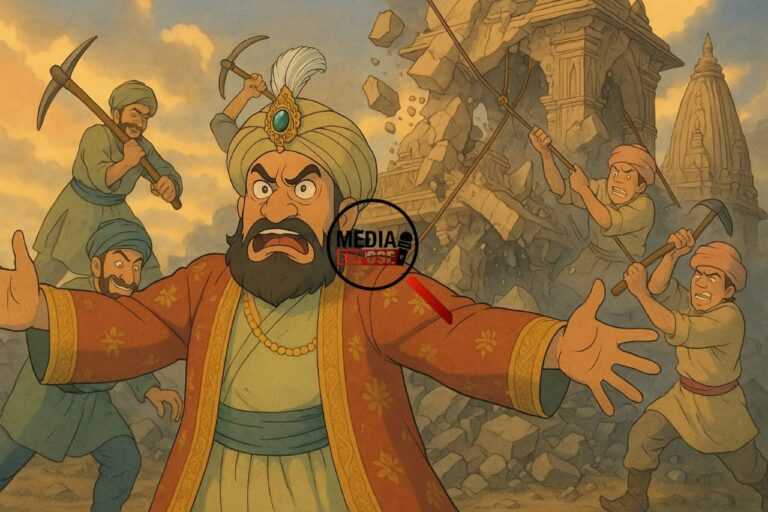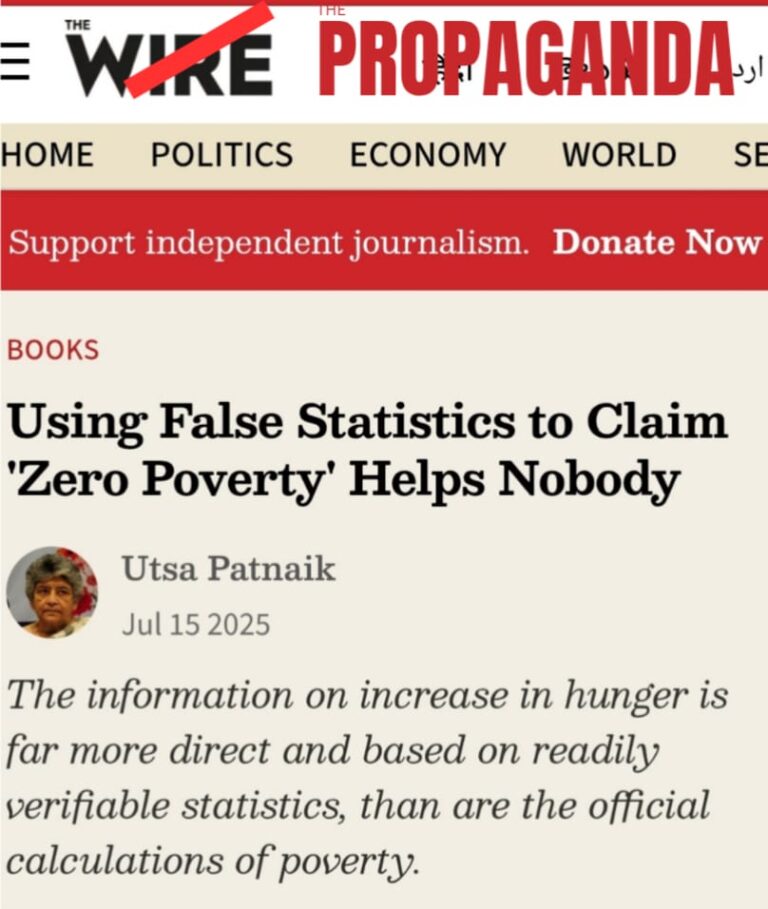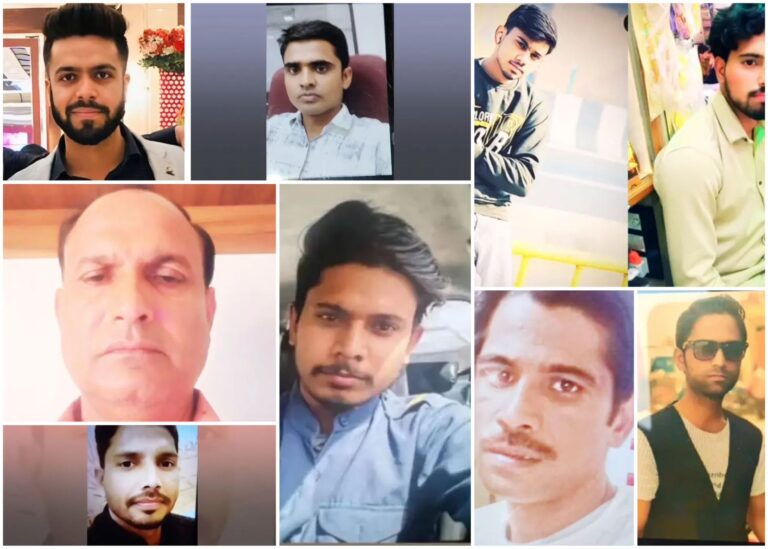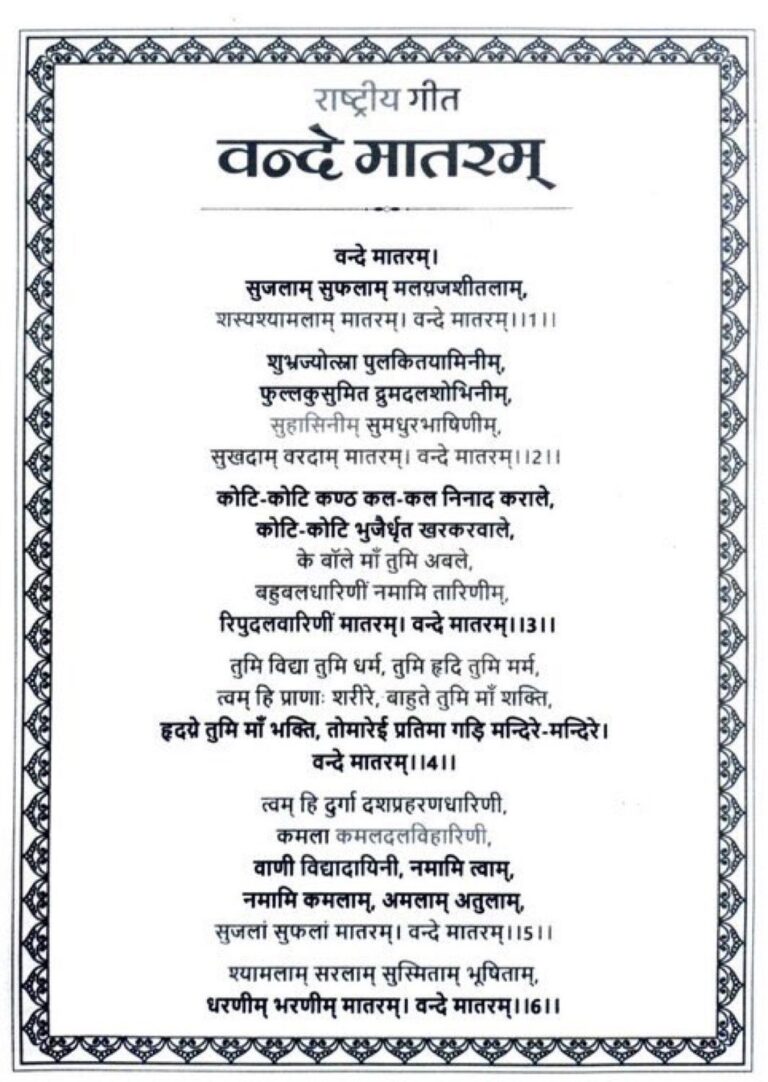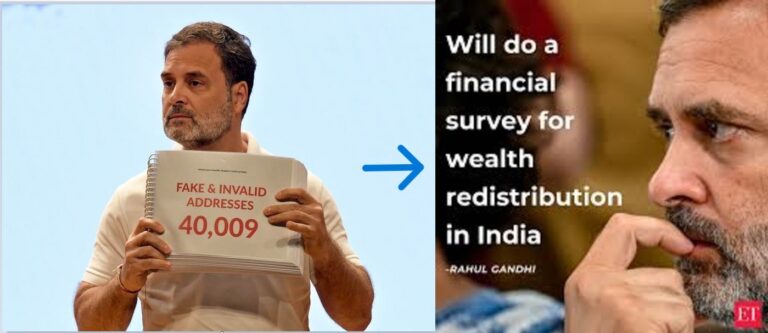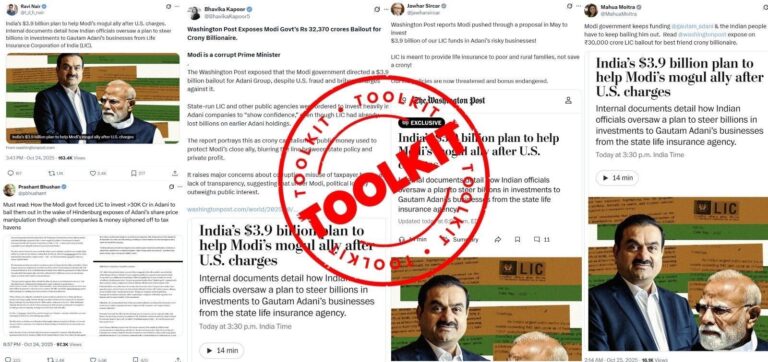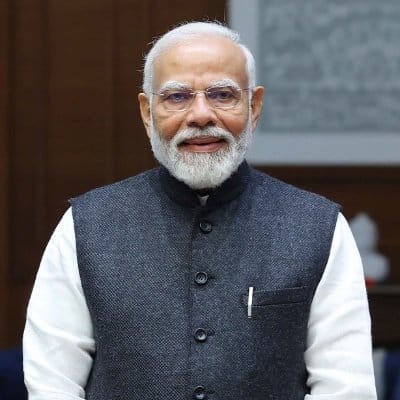
The idea that PM Modi’s policies—like the three-language plan, redrawing constituencies, and sharing taxes—are breaking India apart (as claimed in The Wire article In Trump’s Uncertain World, India Needs Internal Harmony but Modi Govt Is Threatening It by Seema Chisti,) misses how strong and practical the country remains. Instead of causing fights, these steps try to respect India’s differences while keeping it united, improve how the states and center work together, and deal with a tricky world. India isn’t falling apart under Modi—it’s adjusting and holding steady.
Three-Language Formula: Education, Not Imposition
Some critics say the three-language plan in the National Education Policy (NEP) 2020 is secretly trying to force Hindi on everyone, especially since states like Tamil Nadu don’t like it. But the policy isn’t strict—it suggests teaching the local language, a regional one, and English, and doesn’t demand Hindi (NEP 2020, Ministry of Education). Tamil Nadu’s pushback comes from old feelings, not a new rule—Hindi has been optional since the 1965 language law.
In reality, northern states like Uttar Pradesh don’t teach southern languages either—it’s just about what each area prefers, not unfair treatment. The NEP’s focus on multiple languages fits India’s huge variety—over 19,500 dialects according to the 2011 Census — and tries to help people get jobs, not wipe out their cultures. Calling it a “war” misses the point that it’s optional and meant to help, not harm.
Delimitation: Equity, Not Northern Bias
People worry that delimitation—redrawing voting areas based on population—will give the north too much power, since the number of Lok Sabha seats has been frozen since 1971. Critics say this hurts southern states, where population growth is slower. But this ignores the rules and PM Modi’s promises. The freeze, which lasts until 2026, was actually a deal to benefit states that controlled population growth—like the south.
After 2026, delimitation will use the latest census (probably 2031), and PM Modi has said it’ll be fair, not rushed. The south has a big economic edge too—making up 31% of India’s GDP with just 19% of the population (Economic Survey 2023-24)—so their voice won’t shrink. This isn’t about grabbing power; it’s about updating democracy after a long delay.
Tax Distribution: Federal Strength, Not Central Greed
The idea that the central government keeping more taxes is making states feel insecure doesn’t match the facts. The 15th Finance Commission (2021-26) gives states 41% of the shared taxes—a tiny drop from 42% because of Jammu & Kashmir’s status change, not a big policy switch (15th Finance Commission Report). In 2023-24, states got Rs 10.33 lakh crore, which is 62% more than they got in 2014-15 (Union Budget 2024-25). Southern states like Karnataka and Tamil Nadu, which pay a lot in taxes, get less back per person because the formula favors bigger populations—a rule that’s been around for years, not something PM Modi started.
PM Modi’s government has actually helped states by giving them more control, like Rs 2.75 lakh crore in GST compensation by 2022, plus money for roads and buildings. This isn’t the center taking over—it’s about sharing money fairly while dealing with global ups and downs.
Security and Unity: Facing Challenges Together
The article points to Manipur, Kashmir, and border issues as proof Modi’s messing up. But Manipur’s ethnic fights started way before Modi, going back to British times, and the government’s sent 40,000 troops to calm things down. In Kashmir, violence is down 70% since Article 370 was removed, and stone-throwing almost stopped in 2023. Trouble at the borders with Pakistan and Myanmar is about global tensions, not India’s own rules—with 7,500 km of borders, staying alert is a must, not a failure.
PM Modi’s style—leading strongly but talking to states—hasn’t broken India apart. The 2024 elections, with 64% of people voting, show people still trust India’s democracy (Election Commission of India).
Harmony Through Pragmatism
India’s mix of cultures isn’t something Modi’s government wants to crush—it’s a strength they work with. The three-language plan helps include everyone, delimitation makes sure all areas get a voice, and tax rules support teamwork between states and the center—all while dealing with a messy world. These steps don’t hurt India’s unity; they make it stronger, keeping the country together under PM Modi despite all its differences.

